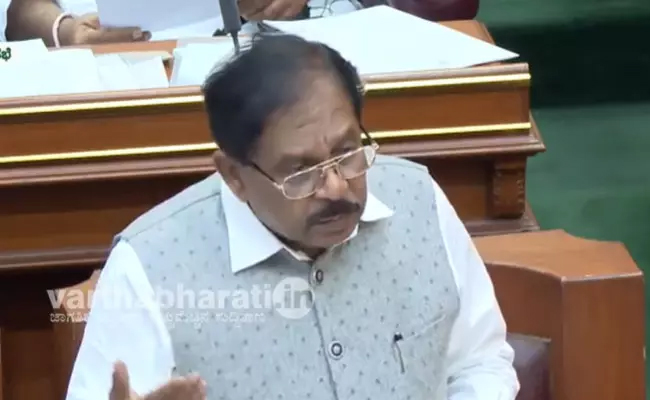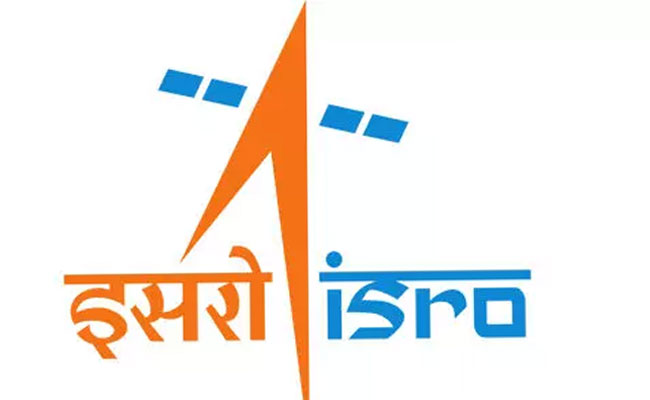Bengaluru, Mar 10: The High Court of Karnataka on Friday quashed circulars issued by the Education Department introducing board-level assessment for classes 5 and 8.
This applied to students studying in the state syllabus and the question papers were set to be designed by the Karnataka School Examinations and Assessment Board.
The Education Department's notices were challenged by the Organisation for Unaided Recognised Schools and the Registered Unaided Private Schools’ Management Association.
A single judge bench of Justice Pradeep Singh Yerur today set aside the circulars dated December 12, 2022, December 13, 2022 and January 4, 2023 issued by Commissioner of Public Instructions and the Department of State Education.
The High Court said that the circulars are contrary to the intentions of the Right to Education Act under which they were issued.
"Such circulars issued can only supplement the Act or rules but under no circumstances can supplant the rules. In situations when such circulars are issued to supplant the rules, which is in the guise of rules, the prescribed procedures and process have to be followed as contemplated under Section 38(4) of the Act," the High Court said.
Quashing the circulars, the High Court Judge in his judgment said, "Under the circumstances I find force in the arguments put forth by the respective counsels for the petitioners as a new format for assessment and evaluation implemented by the State Government is contrary to Section 16 of the RTE Act and the procedure prescribed under the Act. Therefore the Writ Petitions are allowed." The High Court found that the State Government had not followed the procedure and placed the issue before the State Legislatures before issuing the circulars.
"The State Government had issued the impugned circular to prescribe certain assessments and evaluation procedures under the RTE Act. The State Government is empowered to make rules and regulations and carry out provisions of the Act. In doing so, it has to necessarily follow the procedure under the Act. Section 38(4) of the Act states every rule or notification made under this Act shall be made after it is laid before the State Legislatures," it said.
The additional advocate general who had argued for the State had contended that the government was not making any rule or notification and it was only formulating certain assessments and evaluations to aid and benefit students coming under the State syllabus.
Therefore, the question of following the process and procedure of the Act, more specifically Section 38 or any other provisions of the Act would not attract.
The Judge, however, said, "Such arguments are flawed. I am afraid that the said contentions of learned AAG cannot be accepted for the virtue of the reason of the impugned circular there is a change brought up by the State Government by way of evaluation and assessment.
Awarding of 20 marks for the academic year 2022-23 which would invariable be assessed by the Board; KSEAB of the State. Thereby, an external agency is coming into play to award 20 marks to the students of 5th and 8th standards. This is not contemplated under Section 16 of the RTE Act." The judgment, however, applauded the intent behind the circulars. "The intent of the State Government order is laudable and appreciable wherein it is making an attempt to have checks and balances on mechanism for assessment and evaluation and also for remedial action.
At present where a large number of schools are mushrooming in every nook and corner of the streets at district and state level, it is necessary to bring about a mechanism with checks and balances and evaluation and assessment of school children from first to 9th standard and similar assessment of the schools and teaching staff," the High Court said.
"But the manner in which it was tried to be implemented was found to be inappropriate," the bench noted.
"However while bringing about such mechanism, the appropriate state government or the schools for that matter have to necessarily follow the process and procedure laid down and prescribed under the statute. It is cardinal principle of law that when any scheme circular is ordered it has to evolve or emanate under the statue under which it is contemplated," the judgment said.
Let the Truth be known. If you read VB and like VB, please be a VB Supporter and Help us deliver the Truth to one and all.
Bengaluru: The Karnataka State Road Transport Corporation will operate 1000 additional special services in view of the Christmas festival.
In addition to the existing schedule, the special services will run on 19.12.2025, 20.12.2025 and 24.12.2025. Further, special buses will be operated from various places of intra & Interstate places to Bengaluru on 26.12.2025 & 28.12.2025.
Special buses will be exclusively operated from Bengaluru Kempegowda Bus Station to Dharmastala, Kukkesubramanya, Shivamogga, Hassan, Mangaluru, Kundapura, Shringeri, Horanadu, Davangere, Hubbali, Dharwad, Belagavi, Vijayapura, Gokarna, Sirsi, Karwar, Raichur, Kalaburagi, Ballari, Koppala, Yadgir, Bidar, Tirupathi, Vijayawada, Hyderabad and other places.
ALSO READ: Bengaluru: Shopkeeper stabbed for refusing to serve free panipuri
Special buses from Mysuru Road Bus Station will be exclusively operated towards Mysuru, Hunsur, Piriyapatna, Virajpet, Kushalanagar, Madikeri.
The corporation has also announced a discount of 5 per cent on the fare if four or more passengers book tickets under a single reservation. A discount of 10 per cent will be extended on return journey tickets if onward and return tickets are booked simultaneously.
In addition to the above, special buses will be operated from all Taluk/District Bus Stands in the jurisdiction of KSRTC based on the traffic needs.





